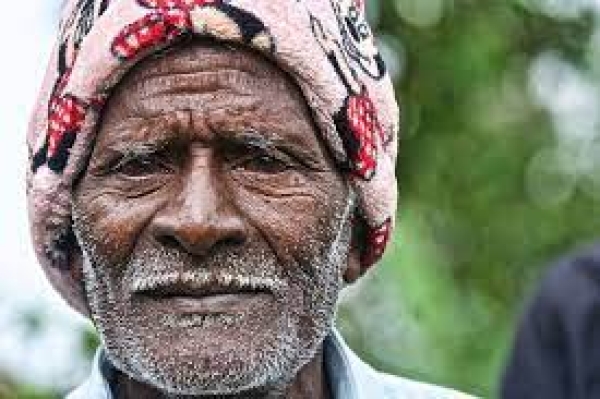The World Bank today pointed out that Sri Lanka would face a number of socio-economic challenges in the near future due to the country's growing elderly population, World Bank said today in a blog post.
"In Sri Lanka, 12.3% of the population is aged 60 or older, making it the country with the highest proportion of older adults in South Asia. The Western province has the highest percentage of the country’s elderly at 31.7%, while the Northern Province has the least at 4.8%.," it said.
The blog post also added, "In just 15 years, more than one in four - or 25% of Sri Lankans - will be over 60. The demographic transition from a youth bulge to an aging society creates several economic, health and social challenges.
First, the number of workers retiring will increase, while the number of people entering the workforce will decrease, resulting in lower productivity, lower taxes, lower national income, lower growth, and lower savings. Yet, a higher number of retired workers translates into increased burden for the public sector pension scheme, which now consumes almost 2% of the country’s GDP and will already become fiscally unsustainable in less than a decade.
Second, an aging population will put pressure on the country’s healthcare sector, which is already facing severe difficulties as a result of COVID-19. Indeed, the healthy life expectancy in Sri Lanka is 67.0 years which, based on an overall life expectancy of 77.3 years, translates into 10 years of healthy life lost with increased morbidity and disability that may require specialized and comprehensive care.
The aging population also means there will be growing demand for aged-care services in the near future. This is crucial given that there is now limited availability of eldercare facilities: six public sector run elder care centers and 324 private or community run centers. Improving the quality and governance of these facilities will also be crucial.
Third, there is weak social protection for the elderly. For example, and while well-targeted, the cash transfer program for the elderly has limited coverage. In addition, private sector pension and savings schemes are fragmented and have limited coverage (most of the two-thirds of workers in the informal sector are excluded) and benefits. Relatedly, the social pension only covers half of those who are eligible, leaving many vulnerable workers without income in their retirement. Due to the unavailability of a systematic social security system, older people continue to work, often informally .
All of which explains that poverty rates among the elderly are estimated to be higher than that of any other age group in Sri Lanka."










